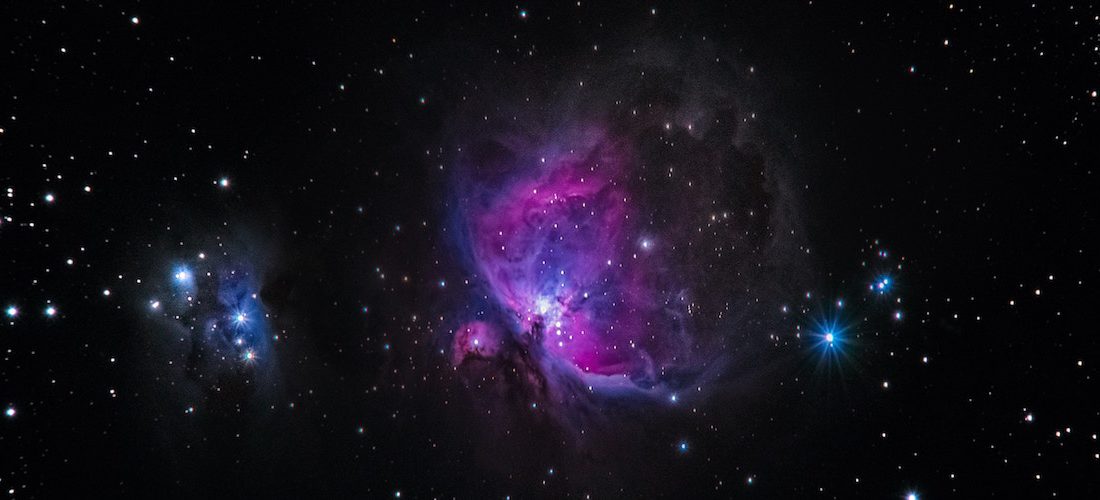Interesting things happen in space.
They’ve grown a rose in space to see if zero gravity would affect its smell. It does, evidently.
And there’s a star, a white dwarf which scientists have nicknamed ‘Lucy’. It sits in the constellation of Centaurus about 50 light years from Earth. It is only 4,000 kilometres in diameter and is the crystallized carbon remains of a once large star. However, the form of this crystallized carbon is none other than diamond. Yep: diamond! That’s why scientists have nicknamed it ‘Lucy’ (after the song: ‘Lucy in the sky with diamonds’ by the Beetles). Now: you’ve got to be impressed! That’s one very big diamond —some ten billion, trillion, trillion carats!
Amazed?
Try this:
The interstellar gas cloud, Sagittarius B, contains a billion, billion, billion litres of alcohol. Tragically, it’s not drinkable.
And what about this:
One of Jupiter’s moons (Europa) gets squeezed back and forth by Jupiter’s gravity like a rubber ball, so much so that it gets hot through friction—hot enough to melt the ice under its surface into water that could potentially allow life.
I’m telling you these things to encourage you to be amazed at existence. Please don’t take it for granted.
How do atheists explain the universe? They either shrug their shoulders and don’t let themselves think about it—which is culpable, intellectual laziness… or they say that everything came from nothing, as a result of nothing, by a mechanism that hasn’t been discovered and for which there is no precedent—which is pretty ridiculous. It is certainly unscientific. The very notion that everything can come from nothing fractures the law of “cause and effect” which underpins all science.
The most obvious answer to the intrinsic order and creativity of the universe is that there is a mind behind it all. And to deny the significance of this order by postulating the existence of an infinite number of universes is simply avoiding the issue… because the question remains: why did the first universe exist?
Now… with all this talk about God and the cosmos, you may be asking: Aren’t scientific truths and theological truths irreconcilable?
No.
Perhaps I should expand on this. The logic is pretty simple. If God (as he has revealed himself in the Bible) is true, then all truth has its origin in God. This means that both scientific truth and theological truth come from the essence of who God is. As such, the two disciplines cannot fight each other. The two disciplines might answer different questions, but they must at least make room for each other. It might even be expected that each discipline helps to frame the other so they can dance together.
Essentially, science asks the question, ‘how’ whilst theology asks the question, ‘why’. As such, theology goes deeper. It explores why things are. It seeks to do more than lazily shrug its shoulders and say, ‘things exist because they do.’ Theology therefore puts science in a bigger context. This brings to mind Einstein’s aphorism, ‘Science without religion is lame, and religion without science is blind.’[1]
So: If we really want to know about God, let’s read his invitation to get to know him in the cosmos – and let’s stop this silliness of saying science and faith are incompatible. They are not. Both come from God and, rightly understood, both reveal something of God.


